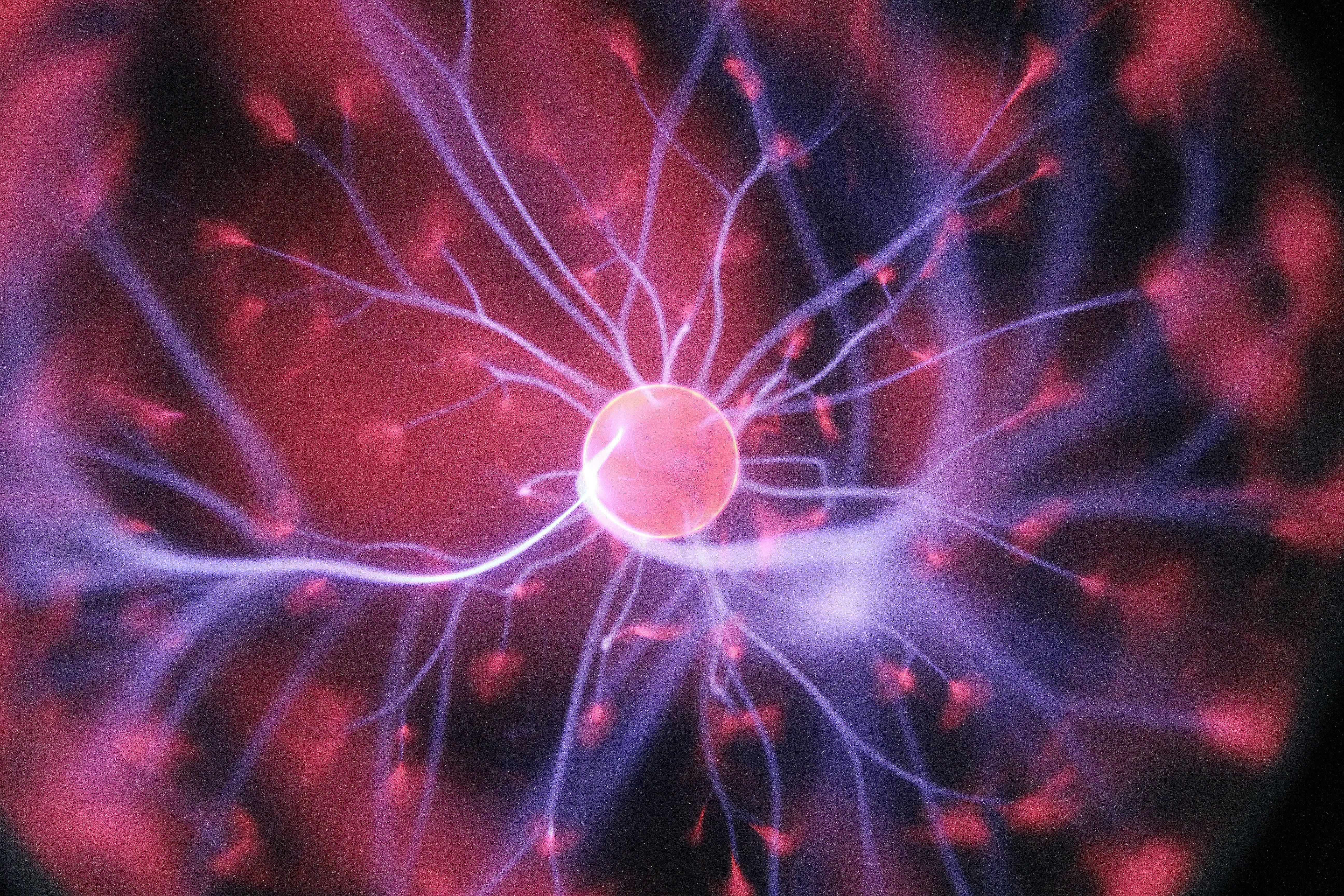
How to Study for the AP Psychology Exam
The AP Psychology exam is one of the shortest AP exams (just two hours long), but can be a challenging test for students, as it contains highly specific theory and has a strong emphasis on vocabulary. Unlike other exams, the AP Psychology exam relies less on intuition and fluency, and more on specific content that students will need to memorize and recognize. Fortunately, with a little bit of preparation, the AP Psychology exam can be easily tackled for a great score.

This blog post was most recently updated on May 28, 2024.
The AP Psychology exam is one of the shortest AP exams (just two hours long), but can be a challenging test for students, as it contains highly specific theory and has a strong emphasis on vocabulary. Unlike other exams, the AP Psychology exam relies less on intuition and fluency, and more on specific content that students will need to memorize and recognize. Fortunately, with a little bit of preparation, the AP Psychology exam can be easily tackled for a great score.

What Is on the AP Psychology Exam?
So what is on the AP Psychology exam? In short, you’ll be tested on nine units, from Scientific Foundations of Psychology to Social Psychology.
Like other exams, the Psychology exam consists of two sections: multiple-choice and free-response questions. The multiple choice section, which is allotted one hour and ten minutes, is worth two-thirds of a student’s score, and contains two distinct types of questions. The first type asks students to define and explain content from the course topics and the second asks them to apply skills of concept understanding, data analysis, and scientific investigation.
Free response questions, on the other hand, consist of two questions that are allotted fifty minutes in total, and are worth 33.3% of the exam score. The first question tests students’ understanding of psychology concepts, asking students to define, explain, and apply concepts, theories and perspectives. The second is a more holistic test of understanding that includes general concepts but also analyzing and interpreting scientific data and research studies.
Why take AP Psychology?
There are several reason to take AP Psychology , including:
- College credit: AP Psychology is recognized by many colleges and universities and can help students earn college credits, potentially saving time and money in their college careers.
- Stronger foundation for future studies and career preparation: Understanding the basics of psychology can provide a strong foundation for future studies in related fields, such as neuroscience, sociology, and education.Many careers in fields such as psychology, social work, and marketing require an understanding of human behavior, which can be gained through taking AP Psychology.
- College Applications: Challenging AP Courses and 4’s or 5’s on the exam look great on college applications. All colleges accept AP scores, so you will be sure to want to include a few to show your academic competency as an applicant.
How long is the AP Psychology exam?
The AP Psychology exam is 2 hours long. The Multiple-Choice Section is 70 minutes and the Free-Response Section is 50 minutes.
How many sections are on the AP Psychology exam?
The AP Psychology exam consists of two sections:
- Multiple-Choice Section: This section contains approximately 100 multiple-choice questions and lasts for 70 minutes.
- Free-Response Section: This section contains two essay questions and lasts for 50 minutes.
Both sections are designed to test a student's knowledge of the major concepts and theories of psychology, as well as their ability to analyze and interpret data and apply their understanding of psychology to real-world situations.
How many questions are on the AP Psychology exam?
There are 100 multiple choice questions and 2 essay questions on the AP Psychology Exam.

Is the AP Psychology Exam Hard?
When compared with other exams, the AP Psychology has a medium difficulty level, with a 59.6% pass rate in 2023. The number of students earning a 5, 16.9% in 2023, is typical of AP exams.
However, these statistics can be skewed given that AP Psychology is one of the more popular exams, meaning it attracts a wide range of students. Content-wise, succeeding on the test relies on memorization, especially for the multiple choice section. The free-response questions are considered more flexible, as they allow for a gradation of interpretation, but still require a solid understanding of concepts. In short, you need to have a strong understanding of the definition of terms and where and how to apply them for both parts of the exam.
AP Psychology Scoring
The AP Psychology Exam is scored on a scale of 1 to 5, with 5 being the highest score. The score is determined by combining the scores from both the multiple-choice and free-response sections of the exam.
The multiple-choice section of the exam is worth two-thirds of the total score and is worth 60-70 points. The free-response section is worth one-third of the total score and is worth 40-50 points.
In general, a score of 3 or higher is considered passing, and many colleges and universities grant credit for scores of 3, 4, or 5 on the AP Psychology Exam. However, the specific score required for college credit varies depending on the college or university, so it is important for students to check with their intended institution for specific scoring requirements.
What Is a Good Grade on AP Psych?
A 4 or 5 on the AP Psychology exam is an excellent score, though anything above a 3 is passing. A high AP score looks great on college applications, and can even earn your college credit.
What Percent Earns a 5 on the AP Psychology Exam?
Each year, only about 15% of students score a 5 on the AP Psychology exam.
AP Psychology Exam Tips
While studying for the multiple choice section of the test requires more traditional memorization and term review, the free response section of the test takes a bit more practice.
Here are some tips for how students should approach the free response questions:
- First, map out an answer and arguments before then beginning to write. Some questions may even ask students to construct a graph or visual in their answers, so be sure to read the question as closely as possible, making sure to answer all parts.
- Then, consider what evidence to fit into your answer, including psychological terms and what you know about conducting research studies.
- Finally, when using this evidence to answer the question, make sure to explain the subtleties between each piece of chosen evidence and how it fits into your greater intent. Each piece of evidence should be intentional and directly answer the question, which will help avoid a rambling narrative or string of generalizations.
When is the AP Psychology Exam in 2024?
The AP Psychology Exam will take place on Thursday, May 9.

What to Bring to the AP Psychology Exam
*Note: AP Psychology is one of nine AP Exams going fully digital in May 2025. Ivy Tutors Network will update this section for the 24-25 school year.
You should bring the following items to the AP Psychology Exam:
- two sharpened No. 2 pencils with erasers (for the multiple-choice section)
- two black or blue ink pens (for the free-response section)
- a government-issued of school-issued photo ID (if you are not taking the exam somewhere other than your school)
- a watch (but not a smart or Apple watch)
- College Board SSD Eligibility letter, if you have approved testing accomodations
Final Exam Preparation
When prepping for the exam, students should practice both sample multiple choice questions and longer free response answers. Our AP Psychology exam tutors will teach students how best to construct a strong thesis and choose effective evidence, create clear intent and connect the elements of their response into a strong cohesive argument. Students will also learn how to apply this methodology effectively to all free response questions, as well as learn study tips for answering multiple choice questions and understanding various AP Psychology terms.
Our tutors can also help keep a study schedule and supply practice exams and problems. Students will be able to master the analytical work needed before answering a question to best demonstrate understanding and achieve a great score.
Study Review Notes and Resources
For more information, check out the resources below:




